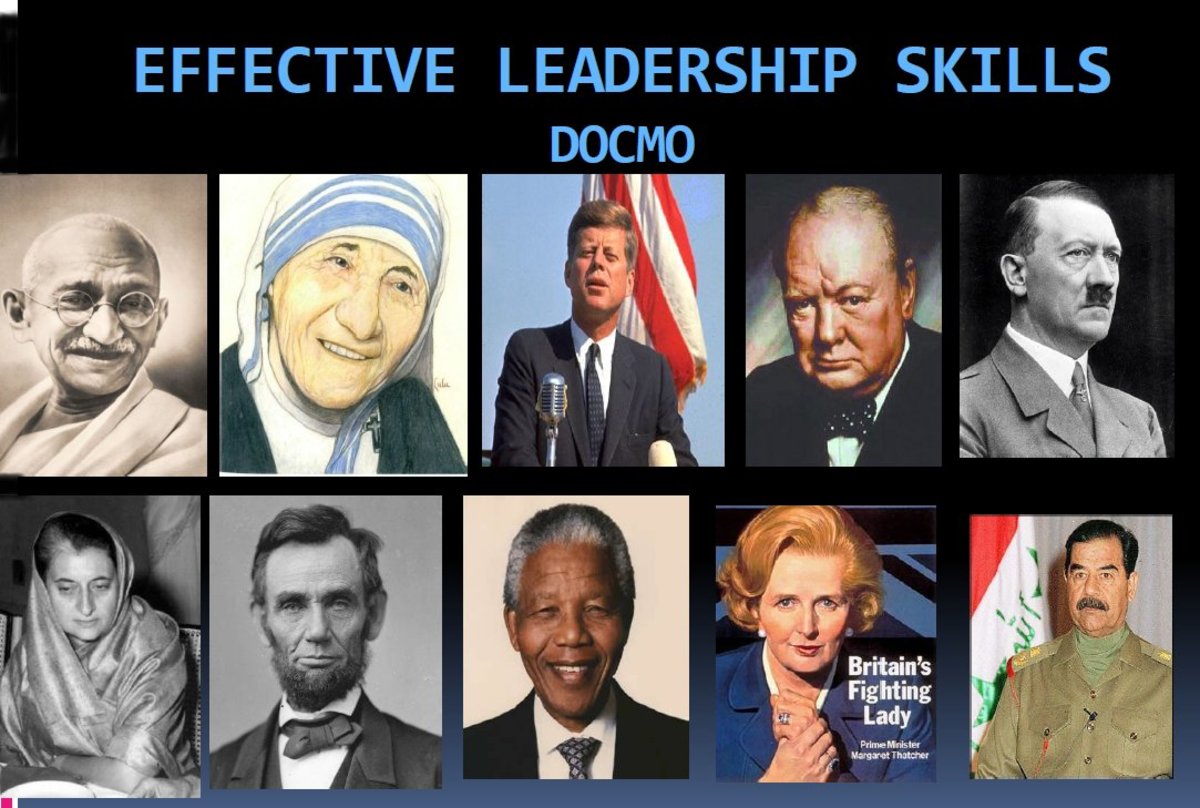Effective team collaboration
Effective team collaboration
Collaboration is the working together of people with a common goal/s to create or to achieve notable results. Two heads are better than one or none of us are smarter than all of us, are the basic premise on which the concept of collaboration works. Effective team Collaboration calls for the use of various people skills or soft skills. The ability to work together and get the best out of each individual, to synthesize their collective work into a creative, workable product is the test of team collaboration. Team collaboration is not the easiest of tasks as each individual is unique and brings with him/her a varied set of skills and talents to the table. Team collaboration tests and challenges your skills in communication, negotiation, conflict resolution among various other qualities such as trust, patience, mutual respect, goal orientation, etc.

People skills for effective team collaboration.
The common factors that bring the team together should be the strong foundation on which the team is built. The focus needs to be on achieving common goals and not on individual skills alone. Effective team Collaboration depends not only on technical or work related skills but also on people skills. The results of the entire project would eventually hinge on the ability of the team manager to collaborate, communicate, synthesise, resolve conflicts and direct the group or individuals towards the common goal. Professionals do bring with them a great amount of work related skills, but may not be good team players or great communicators or may even get easily upset and hurt over minor issues. Keeping the team contributing and working together is an art in itself and the tough task of the team collaborator/ project head.
For the team to collaborate effectively, the focus of the team initially should be on getting to know each other well so that it is easy to work together. Building team rapport may be the first responsibility of the collaborator. This is where mutual respect and trust is built, which in turn becomes instrumental to goal achievement.
Communication skills for team collaboration
Good communication skills may be the answer to a variety of issues that arise in the course of team collaboration. Communication that is open, clear and specific makes day to day collaboration of the team easier. Communication in broad/vague terms could cause confusion and misunderstanding. Speaking directly or on a one on one basis, even if the members are located in geographically opposite poles could clear up most assumptions and unwanted biases. This is now made easy and inexpensive with technology that is available to us today. Transparency in communication and openness ought to be the strong point of a team collaboration exercise. Good communication needs to be encouraged and developed through the various mechanisms of communication virtual, oral, or written.
Defining roles, responsibilities and expectations in measurable terms, should be the immediate focus of team collaboration. When roles and boundaries are clearly defined and communicated to all members, it makes the task of collaboration easy and meaningful. The fact that goals can be achieved only with the help of all concerned, and the commitment from each individual is important to team progress, needs to be emphasized and reiterated to the team at various junctures.
Bringing the team together by providing sufficient opportunities for team members to communicate and get to know each other, assess each other, understand and form opinions about each other encourages team collaboration. These initial opinions and impressions may undergo modification and change as the team collaborates and progresses towards goals. Initially the focus should be on positive and appreciative interactions that enable individuals to interact positively with each other.
Commitment is the key to success of any collaborative efforts. Commitment from all parties involved is required to achieve common goals which also mean that there would be common benefits, equal recognition and rewards for all members of the team. Nobody works for something that does not reward them, and no one likes to be cheated out of what they had worked for, commitment to collaborate increases with clearly identified rewards and transparency in the rewarding system. But, I would think that more than all the material benefits is the aspect of taking pride in what each individual does. It is important that any collaboration effort should appeal to this aspect of human nature - taking pride in your achievements or self-actualization in broader terms.
Resolving conflicts for effective collaboration
The challenges that threaten team collaboration need to be identified, worked through and eliminated in order to achieve team objectives. The team spirit or rapport during the process of team collaboration will see the team through most of these difficulties.
Good conflict resolution skills on the part of the team leader or collaborator are essential. Most collaborative efforts are derailed due to poor conflict resolution skills. Here it would be wise to adopt win-win strategies, so both parties feel that they have had something to take away from the effort.
Personal disagreements should not be allowed to hijack the project. Personal disagreements are normal but the point of team collaboration is to bring individuals to agree on common goals and work methods. A negative factor like a disagreement could often be paired or linked with a more beneficial and motivating factor to over look or minimise the importance of the disagreement in comparison to the benefits that can be achieved.
Persistence and positive attitude will win the day. A persistent and positive attitude towards collaboration with clear focus on goal achievement could enable the team function together bringing rich results. The fact that there is always some means of working through any situation would be the right approach to take. It may sometimes warrant striking a compromise or a fair amount of hard work to bring the warring parties back into the main focus of goal achievement.
Assertiveness skills and the ability to negotiate are of crucial importance to face these team collaboration challenges. The focus should always be on the common goals. Compromise though not a nice word may also need to be employed at times for the sake of the team goals. The fact that the team goals come first needs to be emphasised often for the success of team collaboration.










